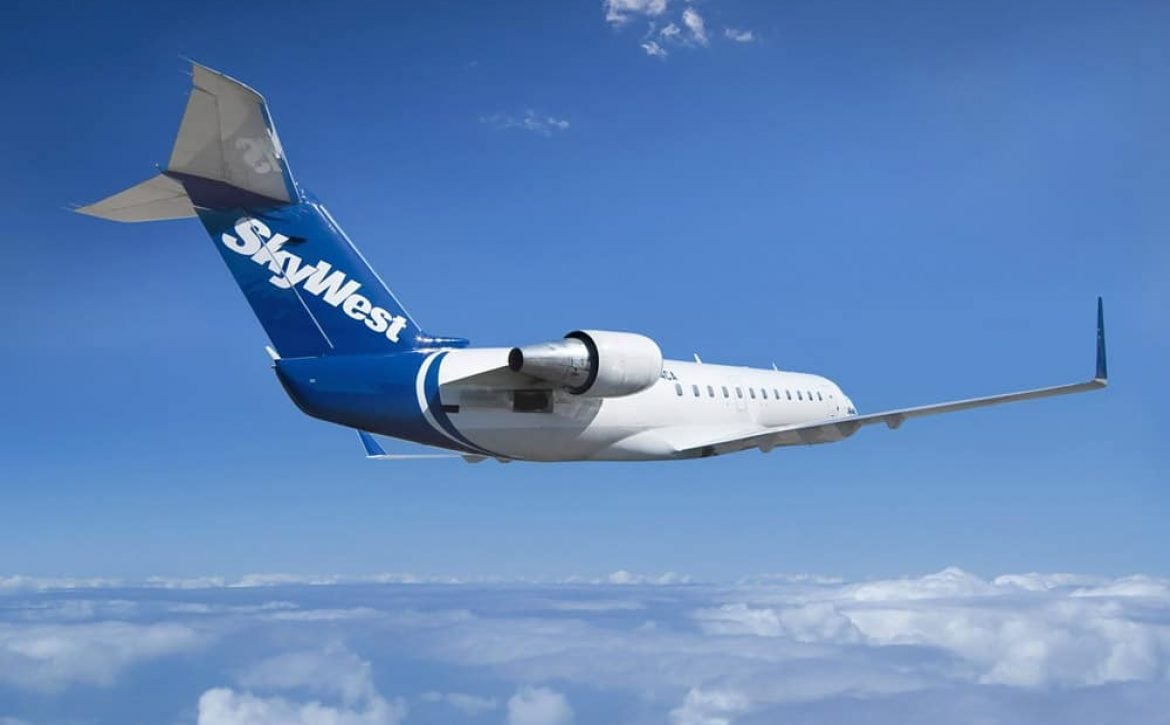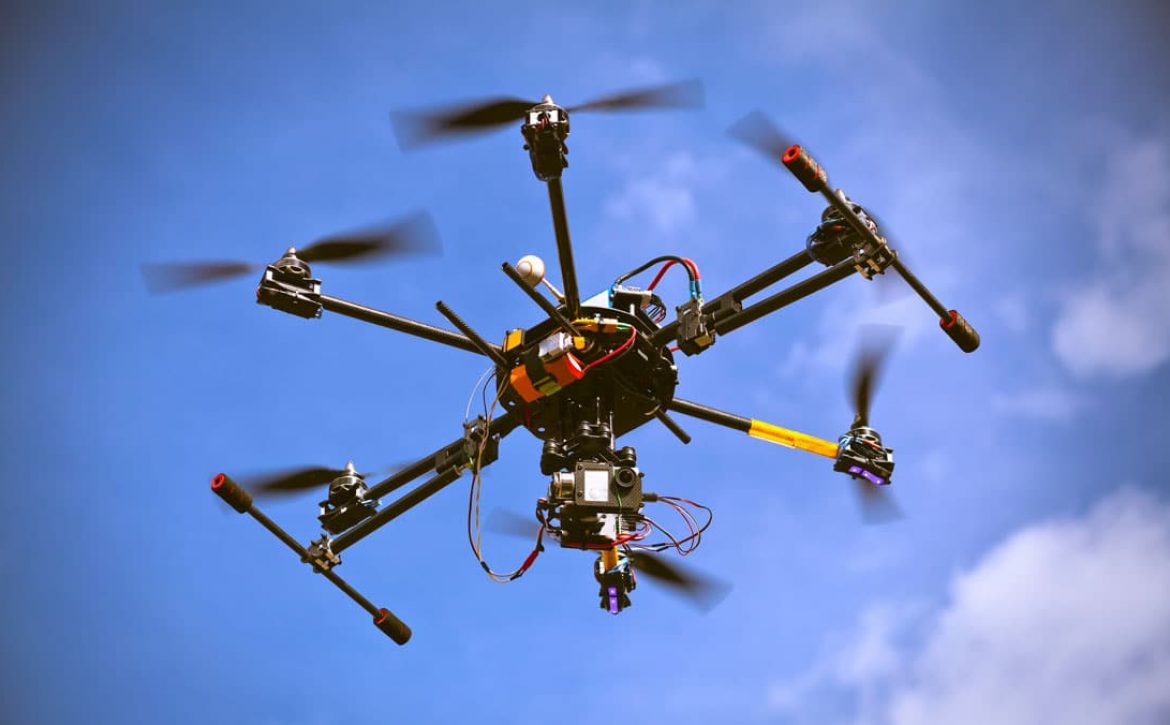Amber Berlin
Every year at Thanksgiving we gather around the table and consume massive amounts of turkey. Then we spend the afternoon napping on the couch in a turkey coma. We know from experience that turkey is a food that promotes a state of sleepiness, and we also know that you wouldn’t want to eat that same turkey dinner and embark on a flight requiring you to be awake and alert. But why does the turkey dinner cause us to get sleepy? And what other foods can contribute to being too sleepy when you need to fly, or too awake when you need to sleep? In an effort to provide a complete understanding of why these foods work like they do, let’s get started on the main course: an easily digestible neuroscience lesson.
Understanding The Best Diet For Pilots
The body must gain certain nutrients from the diet, and these nutrients keep the body and mind performing at maximum efficiency. There are 9 essential amino acids that we must obtain from our diet in order to stay healthy (Young, 1994). All of the other amino acids required by the body can be produced from these 9 essential amino acids. Any lack of nutrients will have a direct impact on how the body and mind function, creating an environment which is detrimental to its recovery. Of the chemicals consumed by our body in the foods we eat, the following four chemicals play a significant role in achieving a state of sleep or wakefulness:
Tyrosine – a non-essential amino acid produced inside the body from Phenylalanine. Tyrosine contributes to an increased state of alertness and wakefulness in the brain.
Tryptophan – an essential amino acid found in most protein. Tryptophan has the ability to increase brain levels of serotonin, which produces a relaxed, calm state.
Serotonin – Biochemically derived from Tryptophan, Serotonin is primarily found in the gastrointestinal (GI) tract, platelets, and in the central nervous system (CNS) of humans and animals. It is a well-known contributor to feelings of well-being.
Dopamine – a catecholamine neurotransmitter present in a wide variety of animals…in the brain, this phenethylamine functions as a neurotransmitter, activating the five types of Dopamine receptors—D1, D2, D3, D4, and D5—and their variants. Dopamine has many functions in the brain, including important roles in behavior and cognition, voluntary movement, motivation, punishment and reward, inhibition of prolactin production (involved in lactation and sexual gratification), sleep, mood, attention, working memory, and learning.
Because of the chemical composition of foods and the way the body metabolizes these foods, eating a certain diet can either create a state in the body which promotes wakefulness or sleep. If you have a busy duty day ahead of you, it makes sense to indulge in the foods that support a state of wakefulness. However, if it’s the end of your duty day and you need to relax, it makes sense to consume those foods which promote sleep.
Foods That Increase a State of Wakefulness
High protein/low carbohydrate meals increase Tyrosine in the brain. Foods high in the essential amino acid Phenylalanine include:
- Soy Foods, Soy-based Protein Powder
- Parmesan and Swiss Cheese
- Peanuts, Almonds, Sunflower Seeds
- Lean Beef, Lamb, Chicken, Turkey
- Tuna, Lobster, Salmon, Mackerel, Crab, Halibut, Cod
- White Beans, Lentils, Chickpeas
- Wild Rice, Brown Rice, Quinoa, Oats, Oat Bran, Wheat Bran
- Gelatin
- Milk
Dopamine is also derived from the essential amino acid Phenylalanine and contributes to wakefulness. Dopamine is easily oxidized and foods rich in antioxidants, such as fruits and vegetables, may help protect dopamine-using neurons from free radical damage. Sugar, saturated fats, cholesterol, and refined foods contribute to low levels of dopamine.
Foods That Increase a State of Sleepiness
The essential amino acid Tryptophan promotes increased sleepiness and is the building block for Serotonin, which produces a calm, relaxed state. Foods high in Tryptophan include:
- Turkey, Rabbit, Lean Pork, Lamb, Beef, Chicken, Fish
- Baked potatoes with their skin
- Cheddar, Mozzarella, Romano, Cottage Cheese
- Shrimp, Scallops, Clams
- Pinto Beans, Kidney Beans, Lentils
- Milk
Tryptophan intake has been shown to increase blood melatonin levels fourfold (Sinha, 2015). Melatonin production normally occurs in response to the darkness of the evening hours and assist the body to gear down for sleep. Final meals of the day should include protein, carbohydrates, and calcium, which assist in the production of Serotonin.
Wait a minute! If some of these foods are on both lists, then how can I eat to promote wakefulness or sleep? Let’s go back to the Thanksgiving dinner. The turkey contains both Phenylalanine and Tryptophan, which is very good for your body. However, in order for the Tryptophan to cross the blood-brain barrier, it needs carbohydrates. Eating a high protein, low carbohydrate meal provides the essential amino acids your body needs to function and also limits its ability to use those amino acids which promote sleep. The turkey by itself will not make you sleepy, but when you add all the carbohydrates found in the rest of the dinner, the Tryptophan has a ticket into the brain where it can produce what we know as the turkey coma (Richard, Dawes, Mathias, Acheson, Hill-Kapturczak and Dougherty, 2009; Zamosky, 2009). Armed with this information, we can now see a diet for pilots that promotes wakefulness and sleep:
Pre-flight – Breakfast meals should contain proteins and minimal carbohydrates
In-flight – Lunch meals should contain proteins, fruits and vegetables and minimal carbohydrates
Post-flight – Dinner meals should contain proteins, carbohydrates, and calcium
And as always, limit your intake of sugar, saturated fats, cholesterol, and refined foods
As you can see here, your eating habits can either support or undermine your pilot work schedule requirements, making you sleepy or awake at the wrong times. However, when you line up your daily dose of food chemicals to support your duty day, everything works in unison to achieve the ultimate goal of keeping you at peak performance. If the moment requires you to be alert, you can set yourself up for success by minimizing carbohydrate intake. If the stage is set for sleep, you can finally indulge in those carbs and drift off to dreamland. Many times we grab a high-carb snack to keep us going when we should grab some beef jerky instead. Changing these small habits can make a big difference in how you feel as you will no longer be struggling against your body, but working together toward a sustainable and successful aviation career.
Get Started With Your Flight Training Today
You can get started today by filling out our online application. If you would like more information, you can call us at (844) 435-9338, or click here to start a live chat with us.
References:
Richard, D. M., Dawes, M. A., Mathias, C. W., Acheson, A. Hill-Kapturczak, N., Dougherty, D. M. (2009). L-Tryptophan: Basic Metabolic Functions, Behavioral Research, and Therapeutic Indications. Int J Tryptophan Res. 2009; 2: 45–60.
Sinha, A. (2015). Remedies and cures for the common diseases. Page Publishing, Inc.
Young, V. R. (1994). Adult amino acid requirements: the case for a major revision in current recommendations. J. Nutr 124 (8 Suppl): 1517S-1523S.
Zamosky, L. (2009). The truth about tryptophan.








